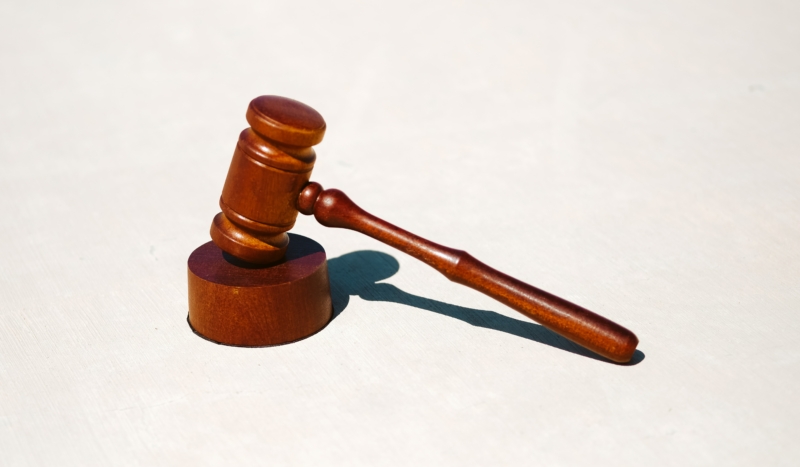
CV NEWS FEED // A prominent conservative NGO dedicated to safeguarding religious freedom and human dignity has succeeded in pressuring the European Court of Human Rights (ECHR) to establish protections against bias amongst its judges.
After four years of intense debate, the European Centre for Law and Justice (ECLJ) secured a major victory for legal integrity after the ECHR adopted several of its recommendations to eliminate biased rulings last Monday.
Among the recommendations ECHR agreed to adopt is a more thorough recusal procedure.
With the new rules, applicants to the Court will be able “to know in advance the identity of the judges likely to decide their case.” In addition, applicants will be able to request to reopen their case if they believe the judge was in a conflict of interest.
The Court’s decision to adopt the changes comes in wake of two investigative reports submitted by ECLJ in 2020 and 2023 which demonstrated increased “clear conflict of interest” among ECHR judges, most of which are openly involved in leftist activist causes.
ACLJ stated in a news release following the change:
The adoption of this recusal procedure in January 2024 is the most meaningful change achieved through the reports of the ECLJ. In the previous years, two other reforms had also been adopted by the ECHR, and they too followed our recommendations.
In the first report submitted in 2020, “NGOs and the Judges of ECHR,” ACJL found that “at least 22 out of the 100 permanent judges of the ECHR come from seven NGOs active at the ECHR and have ruled on more than a hundred cases brought by their own NGOs.”
“This report caused a particular scandal as it disclosed that among these NGOs, George Soros’s Open Society is notably prominent with at least twelve judges originating from its network,” the release continued. “Furthermore, it funds the other six NGOs from which the remaining ten judges come.”
The ECLJ further exposed the ongoing issue in its 2023 report, pointing out numerous “structural problems affecting the Court’s impartiality. This report included the several recommendations adopted by the Court last week.
While ECLJ expressed “satisfaction” at the reforms already adopted by ECHR, the organization called on the Court “to ensure transparency in its registry and the impartiality of its members” by requiring the names of all the judges to be made public, along with their respective interests.
Lastly, the ECLJ called on European States to only employ judges with extensive legal experience and to “no longer propose activists from NGOs as judges at the ECHR.”
ACLJ’s petition to the Court, “Put an End to Conflicts of Interest,” received nearly 60,000 signatures.

